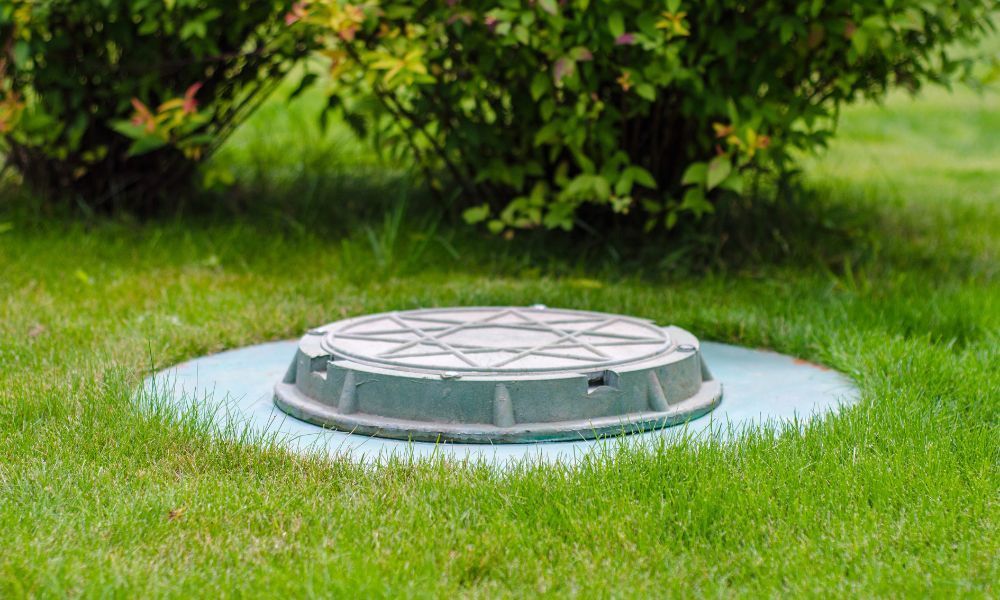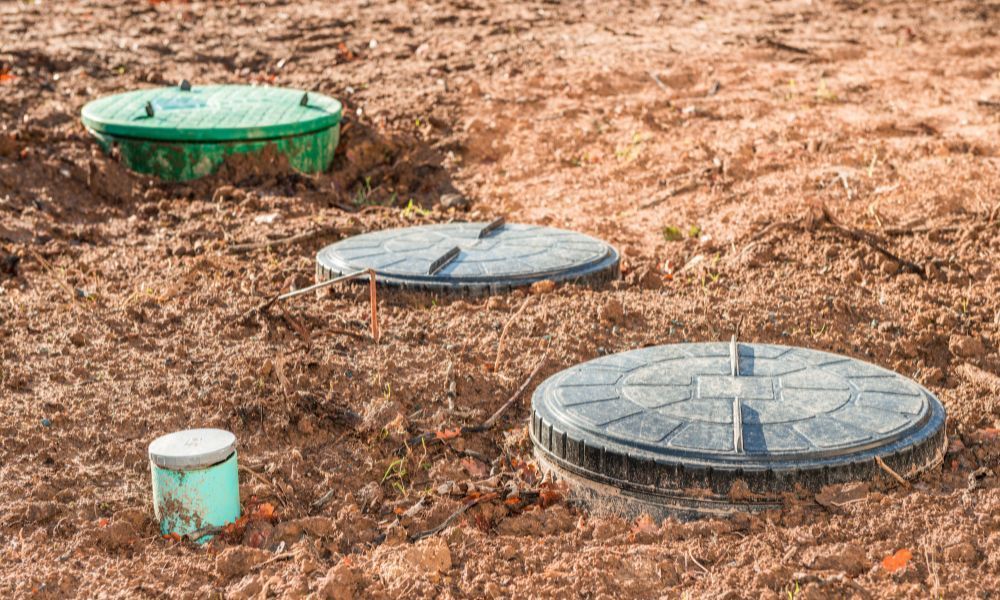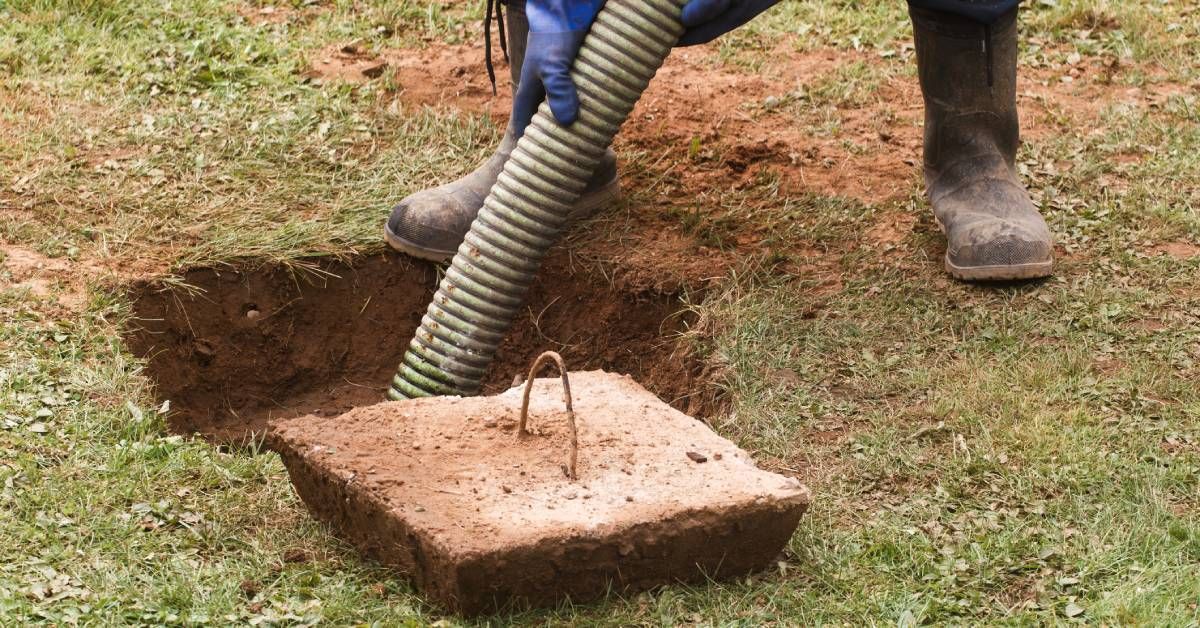5 Tips for Taking Care of Your Septic Tank
Your septic system is out of sight, so it should be out of your mind, right? Wrong. Maintaining a septic tank is essential for homeowners who want to avoid costly repairs and ensure their system runs efficiently. Just because you don’t see your septic tank all the time doesn’t mean you’re not using it every day. Follow our tips for taking care of your septic tank to keep it functioning smoothly.
Mind What You Flush
One of the most important aspects of septic tank care is being mindful of what you flush down the toilet. You should only be flushing human waste and toilet paper. Items like sanitary products, diapers, wipes (even those labeled as flushable), and dental floss can cause blockages and damage your septic system. These items don’t break down easily and can lead to clogs that require professional intervention.
Use Water Efficiently
Water usage directly impacts your septic system’s performance. Excessive water can overload it, leading to potential failure. Implement water-saving habits, such as fixing leaky faucets, using high-efficiency toilets and showerheads, and spreading out laundry loads, throughout the week. By reducing water usage, you help maintain the balance necessary for your septic tank to function properly.
Protect the Drain Field
The drain field is a critical component of your septic system and is responsible for filtering and dispersing wastewater. When heavy objects, such as parked vehicles, cover the drain field, they can compact the soil and cause damage to the pipes. Keep heavy objects away from the drain field to protect it. Additionally, plant only grass or shallow-rooted plants near the drain field to prevent roots from infiltrating the system and causing blockages.
Be Cautious With Chemicals
Household chemicals, such as bleach, paint, and pesticides, can disrupt the natural bacterial balance within your septic tank. These bacteria are essential for breaking down waste. Instead of using harsh chemicals, consider environmentally friendly cleaning products. Also, limit the use of garbage disposals, as they can introduce excessive solid waste into your septic system, increasing the need for pumping.
5. Regularly Pump and Inspect
Regular maintenance is crucial for a healthy septic system. This means you should schedule routine pumping and inspections with a professional service. Experts recommend having your septic tank pumped every three to five years, depending on the size of your household and tank capacity. If you need professional assistance, consider contacting Greene County septic service. Southwest Sewer and Septic’s expertise ensures your system remains in optimal condition.
Taking care of your septic tank doesn't have to be complicated. By following these tips, you can prevent problems, extend the life of your system, and save money on repairs. With these practices, your septic system will continue to operate smoothly for years to come.




